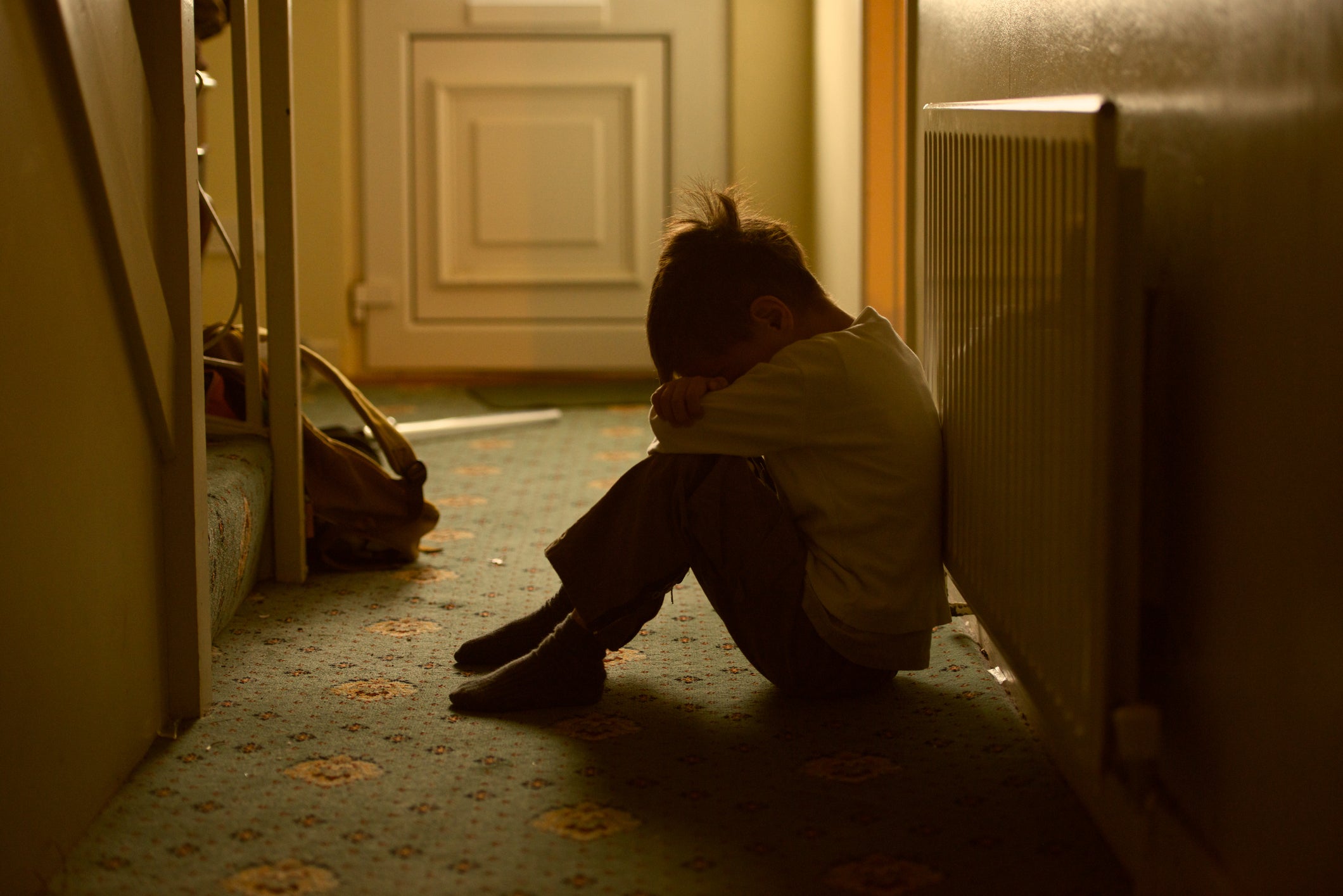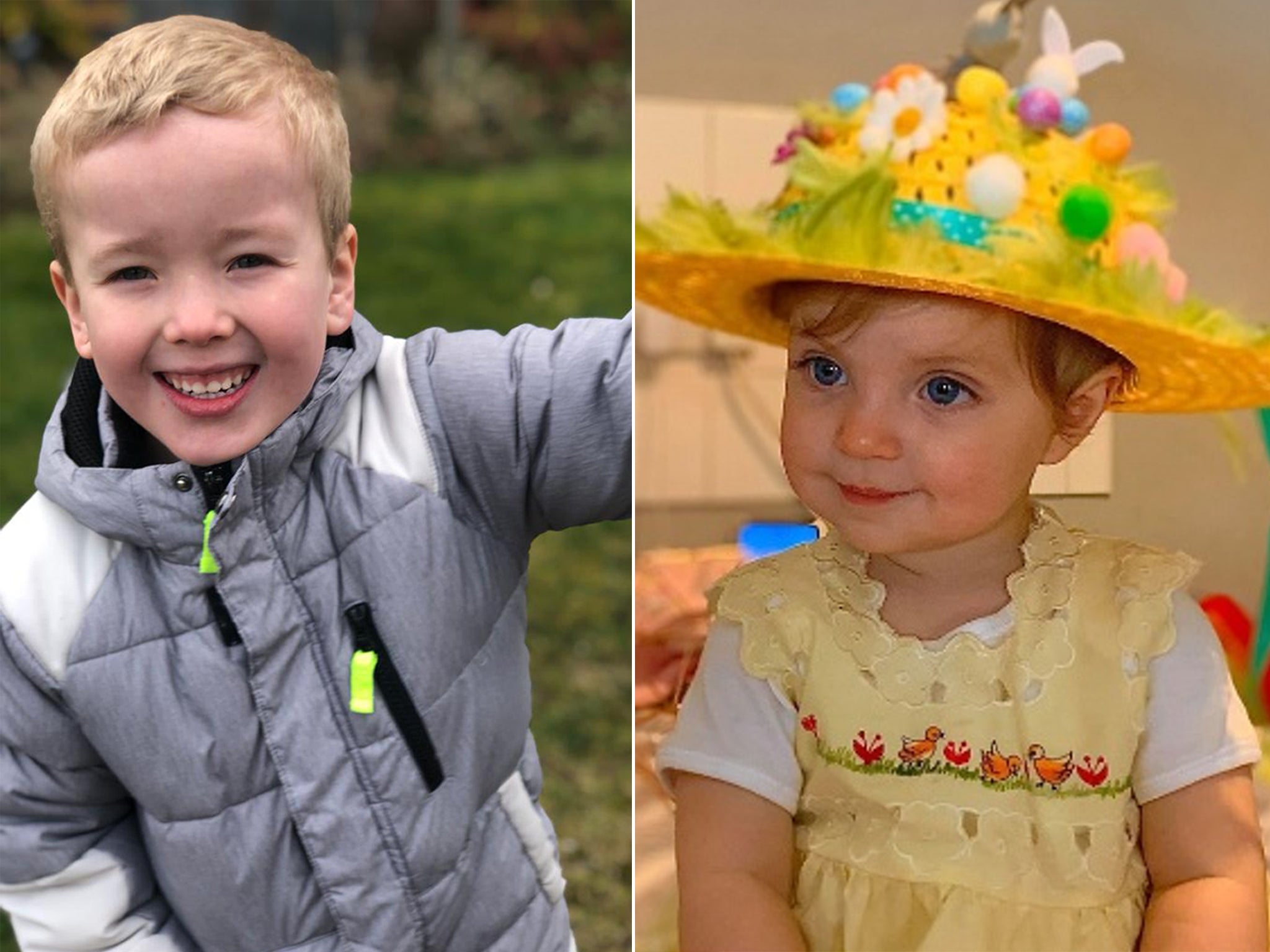Child neglect worsening as professionals warn of ‘disastrous combination’ of poverty and struggling services
Ninety per cent of frontline workers said poverty was a driving factor in cases of child neglect
Your support helps us to tell the story
From reproductive rights to climate change to Big Tech, The Independent is on the ground when the story is developing. Whether it's investigating the financials of Elon Musk's pro-Trump PAC or producing our latest documentary, 'The A Word', which shines a light on the American women fighting for reproductive rights, we know how important it is to parse out the facts from the messaging.
At such a critical moment in US history, we need reporters on the ground. Your donation allows us to keep sending journalists to speak to both sides of the story.
The Independent is trusted by Americans across the entire political spectrum. And unlike many other quality news outlets, we choose not to lock Americans out of our reporting and analysis with paywalls. We believe quality journalism should be available to everyone, paid for by those who can afford it.
Your support makes all the difference.Cases of child neglect are being fuelled by a “disastrous combination” of support services being hollowed out and the cost of living crisis, professionals have warned.
New research from children’s charity NSPCC has found that frontline workers feel unable to support families in crisis and are unsure that cases of neglect are being acted on when they are flagged.
Child neglect was the top concern reported to the NSPCC’s helpline in 2023/24, with 20,571 contacts made by adults worried about the wellbeing of a child.
Almost half of these contacts – 47 per cent – led to an initial referral or an updated referral being made to a local agency, indicating a growing severity of cases, the report Too little, too late found.
The most recent data shows that of the 50,780 children on child protection plans in England in 2023, 49 per cent recorded neglect as the initial category of abuse.
More than half of the professionals across healthcare, the police, children’s social care and education who were surveyed for the new research said that they had seen an increase in child neglect cases during their professional life.
Ninety per cent said the rising cost of living and poverty rates were a driving factor, while 76 per cent said that a reduction in community support to parents was also contributing.

Anna Edmundson, head of policy at the NSPCC, said that available resources and early help services to support families are “at an all-time low” and “economic pressures on families are at an all-time high”.
“This combination is proving disastrous for children and families,” she explained.
One education professional described how poverty was affecting a family they were seeing. They explained how the father “isn’t coping with managing the money they do get and has given up trying to get extra help through the system”.
He was “stressed and overwhelmed”, and the educator added: “He maintains appearances when I do see the children, keeping them mostly clean and dressed, but they are missing out.”
A teacher described to researchers seeing “children living in absolute chronic poverty, who are hungry at times, whose clothes aren’t clean and the housing situation is dire”.
In a poll of frontline workers, 83 per cent said that there were not enough services available in their local area to provide targeted support for children and families where neglect is present.
Only 19 per cent of police officers said that they thought appropriate action was taken to help a child and family once neglect was identified; 21 per cent said support was never given.
A police officer explained the problem: “It comes down to the fact that demand outstrips the resources… we can make all the referrals we want but those neglect concerns have to go somewhere.”
A detective inspector said that services had often failed families before their cases ended up in front of the police: “It’s not uncommon to see something that has met the criminal threshold for neglect, that’s got so bad it’s almost gone to prosecution but then when you see the chronology of what’s happened you can see it started as a Section 17 then the family disengaged. There was no robust plan in place and then the case was closed. But nothing changed, in fact things got worse.”

Section 17 of the Children Act is the duty councils have to provide services for a child in need.
Forty-four per cent of the professionals surveyed also said that they lacked the power to directly intervene to help the child who was being neglected.
One teacher said: “We’re flagging safeguarding concerns about neglect and, whether it be an early help response or a response from children’s social care, it is frequently just not meeting the family’s needs. From a school perspective we feel like we’re left ‘holding the baby’ but we’ve got no resource.”
The NSPCC is calling for a government strategy on child neglect and for its plans on tackling child poverty to include neglect in their scope.
The government has announced a Child Poverty Ministerial Taskforce, led by work and pensions secretary Liz Kendall and education secretary Bridget Phillipson.
The NSPCC is also calling for education to become a statutory safeguarding partner, giving education professionals the same legal duty as council workers or the police to respond to cases of neglect that they see.
Ms Edmundson added: “The new Labour government can turn this around by focusing their attention on measures that would make a difference to addressing neglect, particularly in the context of the cost of living crisis and increasing child poverty.”
A government spokesperson said: “Any instance of child cruelty, abuse or neglect is abhorrent. Local authorities, police and healthcare professionals have a clear duty to act immediately to protect children if they are concerned that a child is suffering significant harm.
“We are taking action to tackle abuse by investing £45m in new multi-agency child protection teams, as part of a pilot which brings together local authorities, police, health and education to make sure that where children need protection, this happens quickly.
“Additionally, our child poverty taskforce will work across government to create a comprehensive strategy to drive down poverty.”
Join our commenting forum
Join thought-provoking conversations, follow other Independent readers and see their replies
Comments